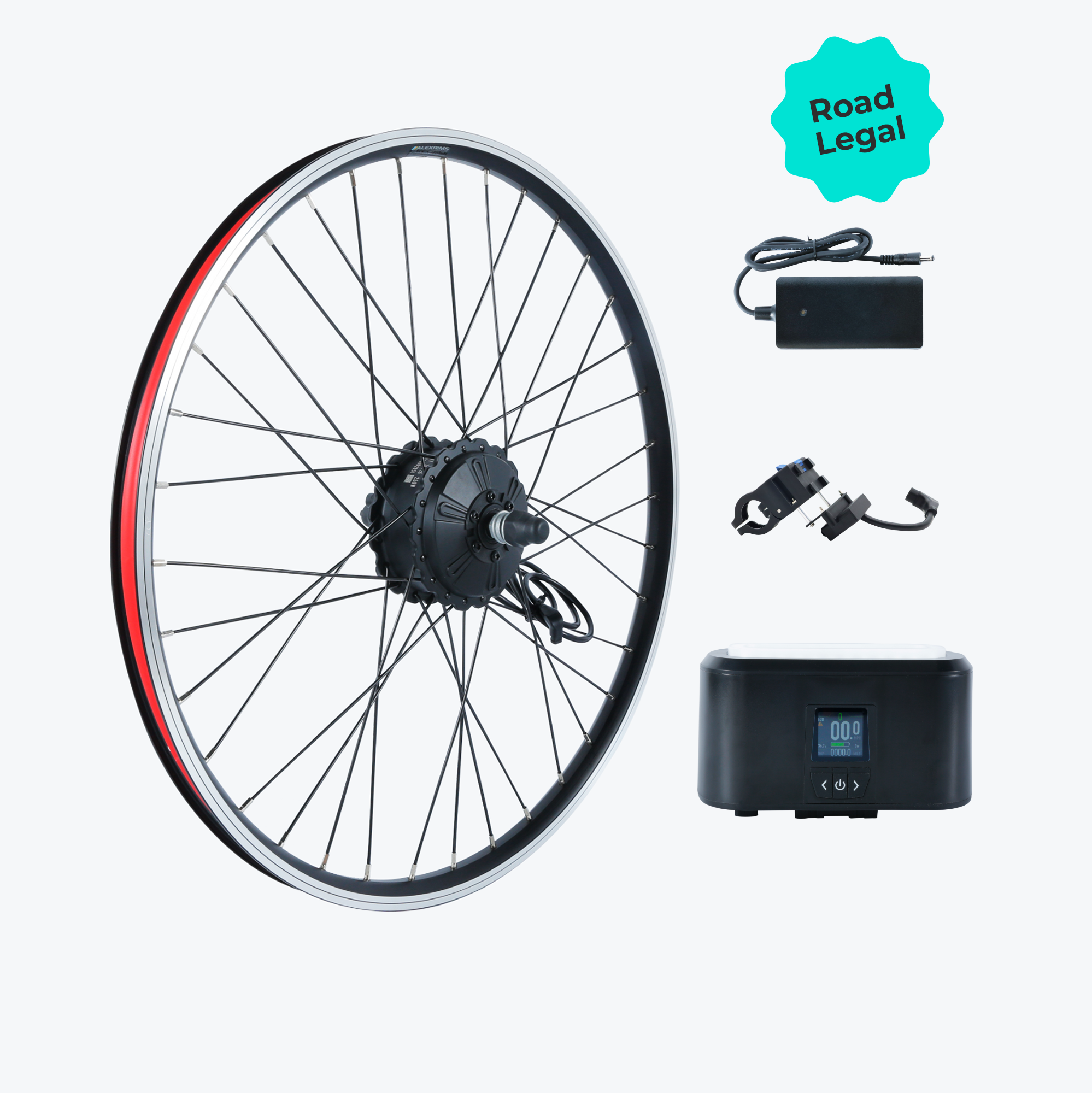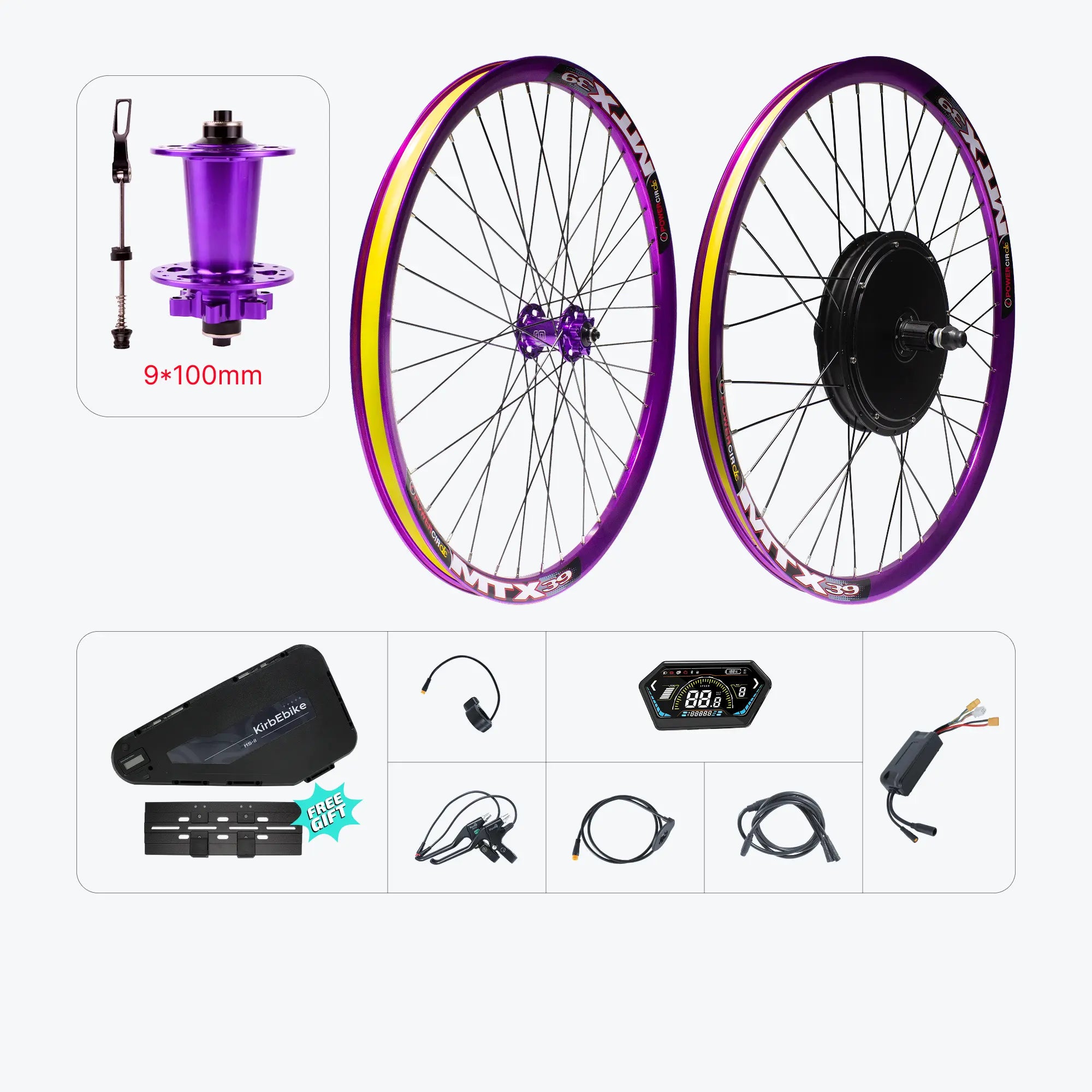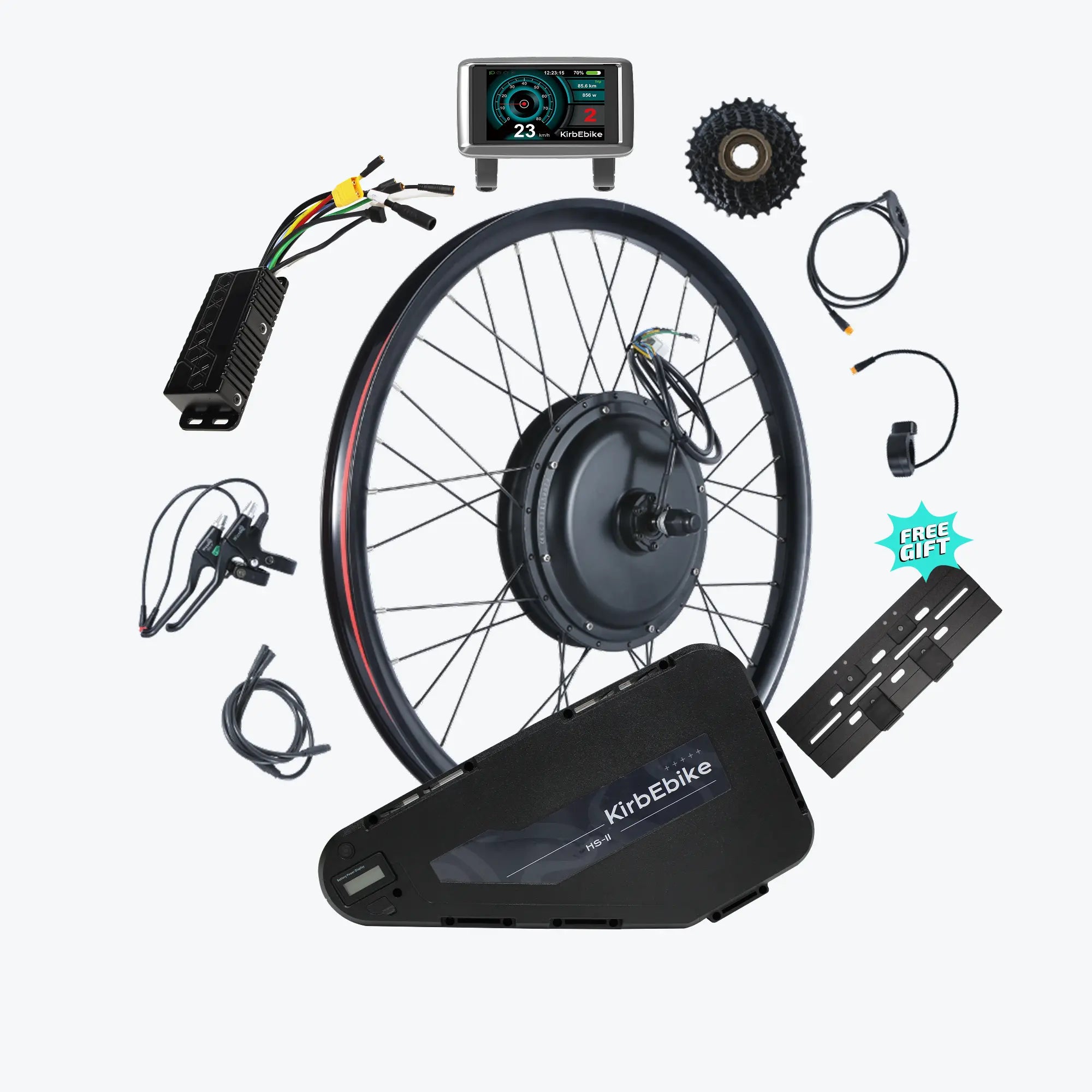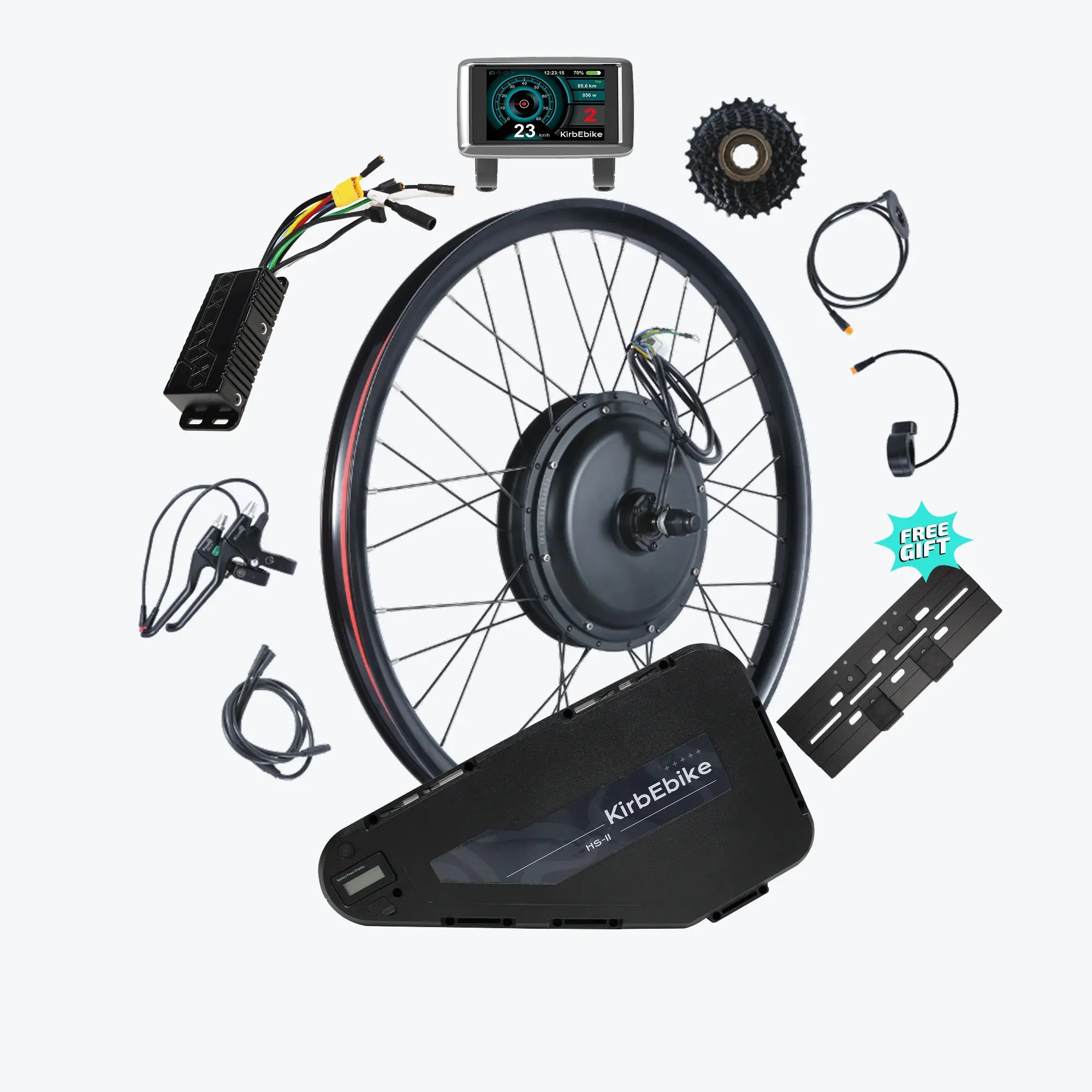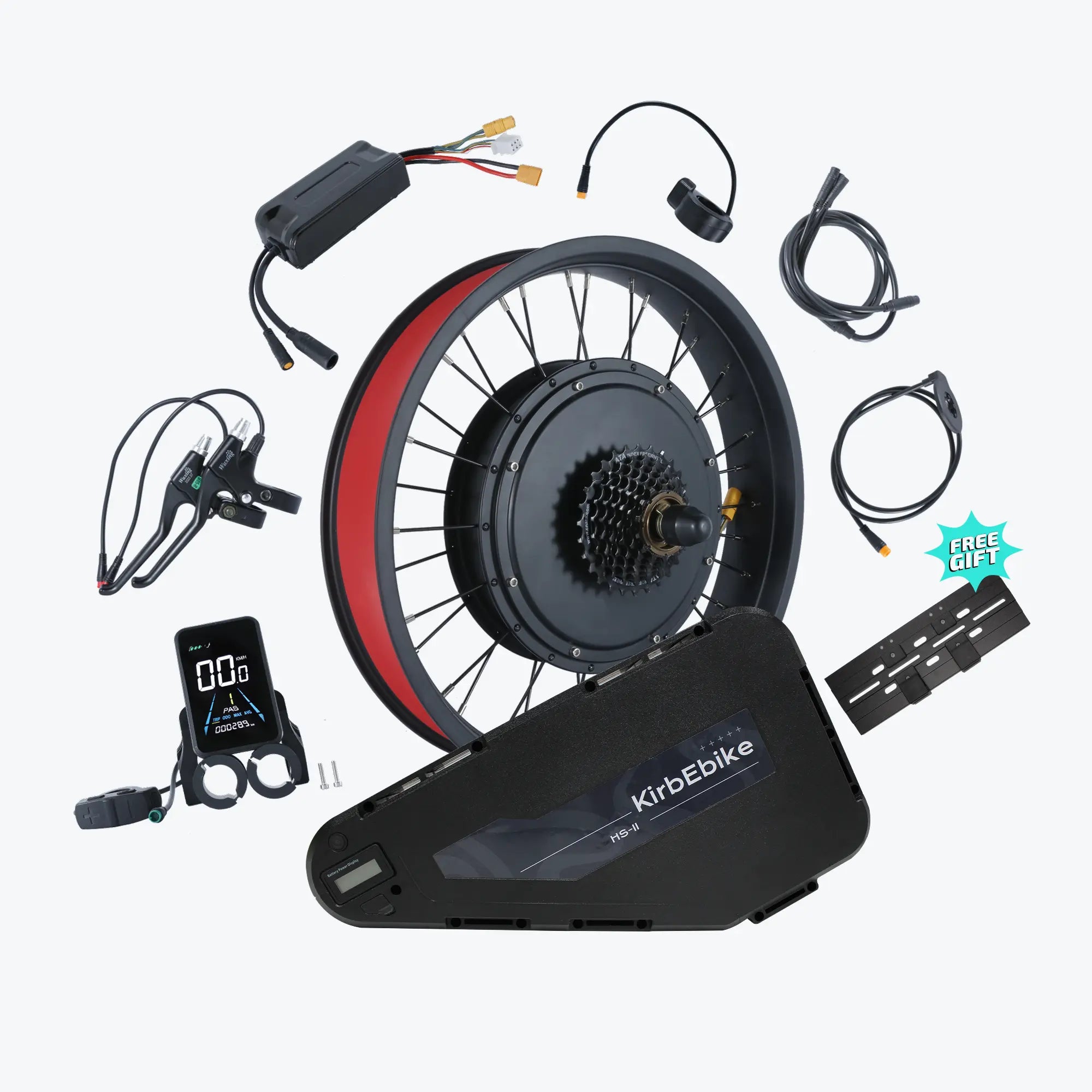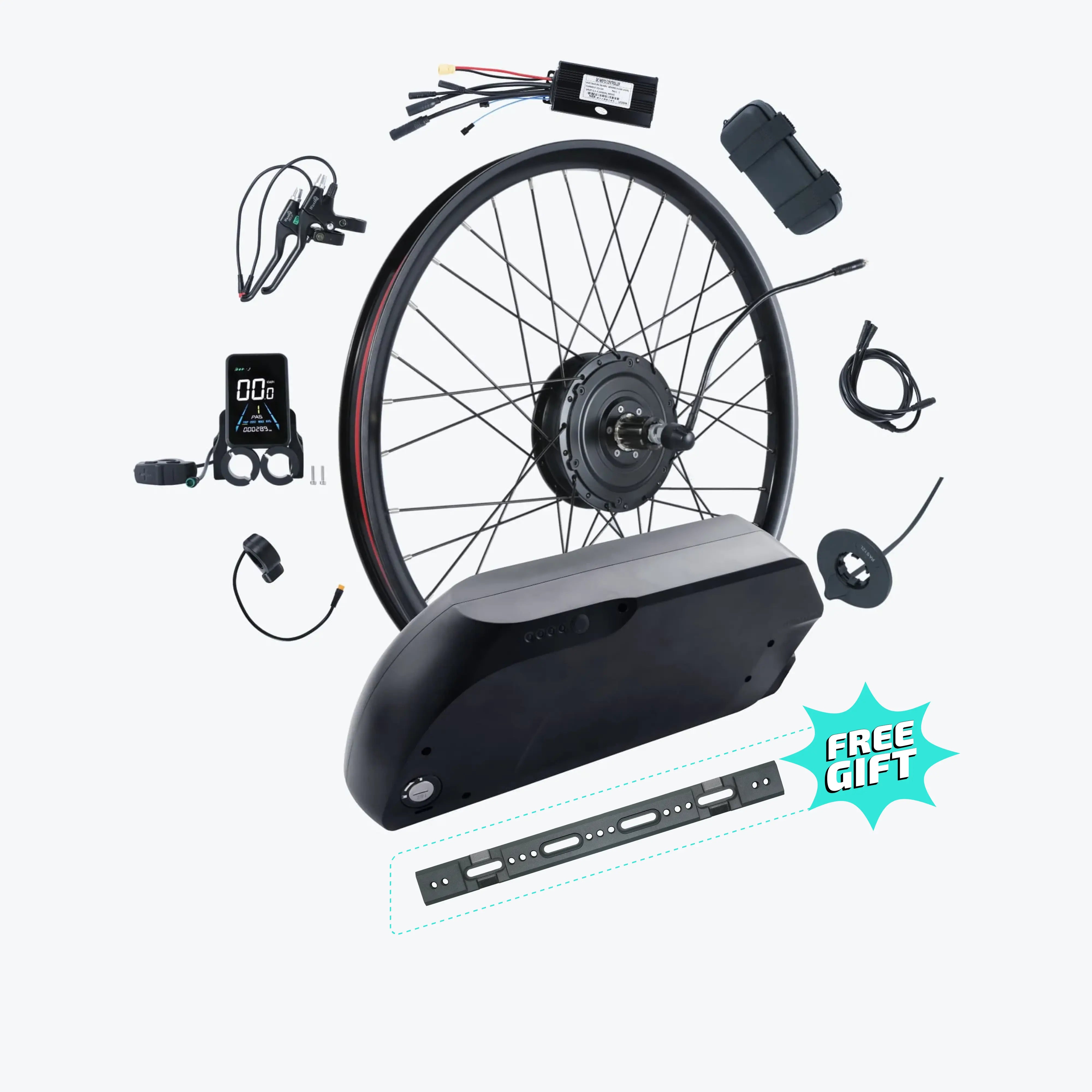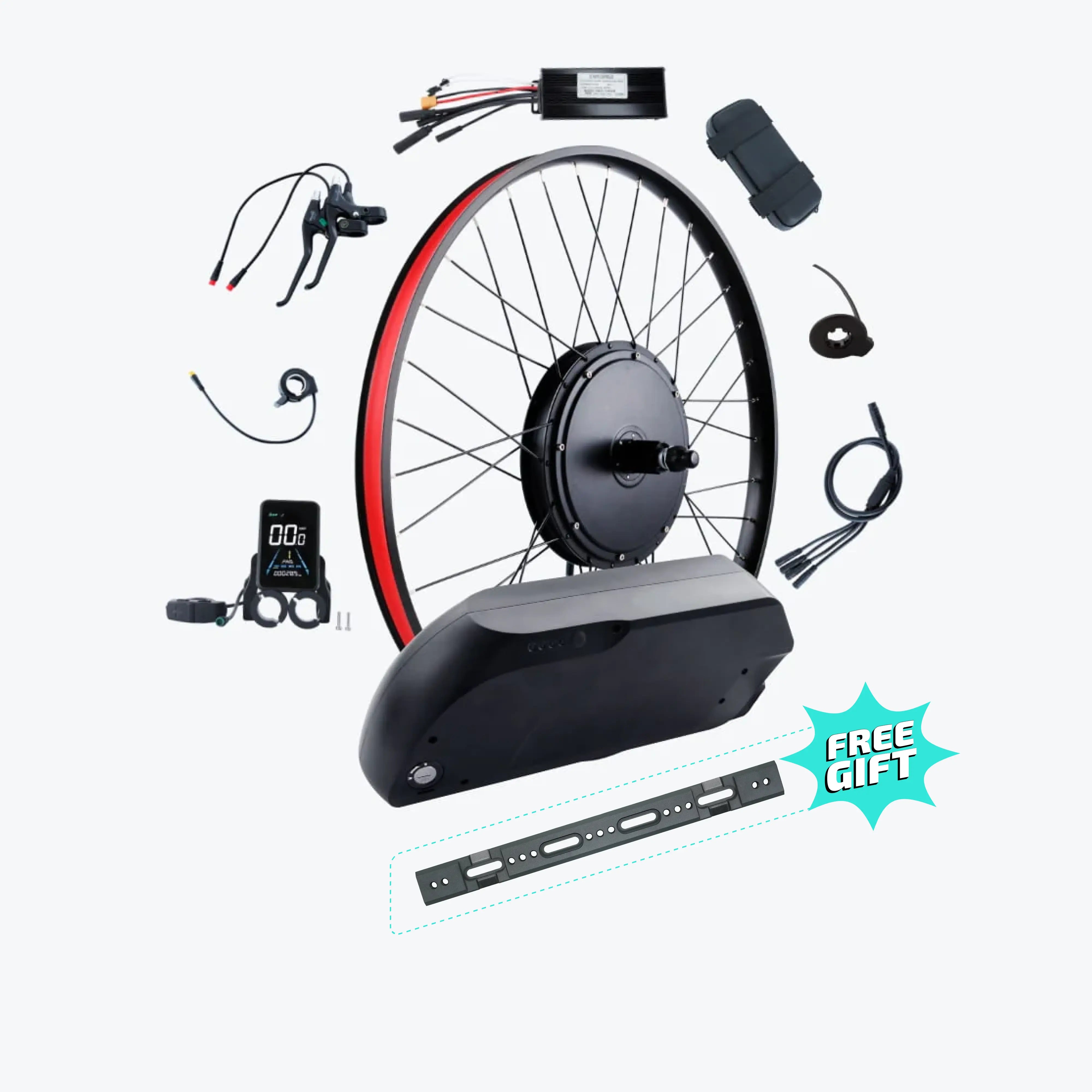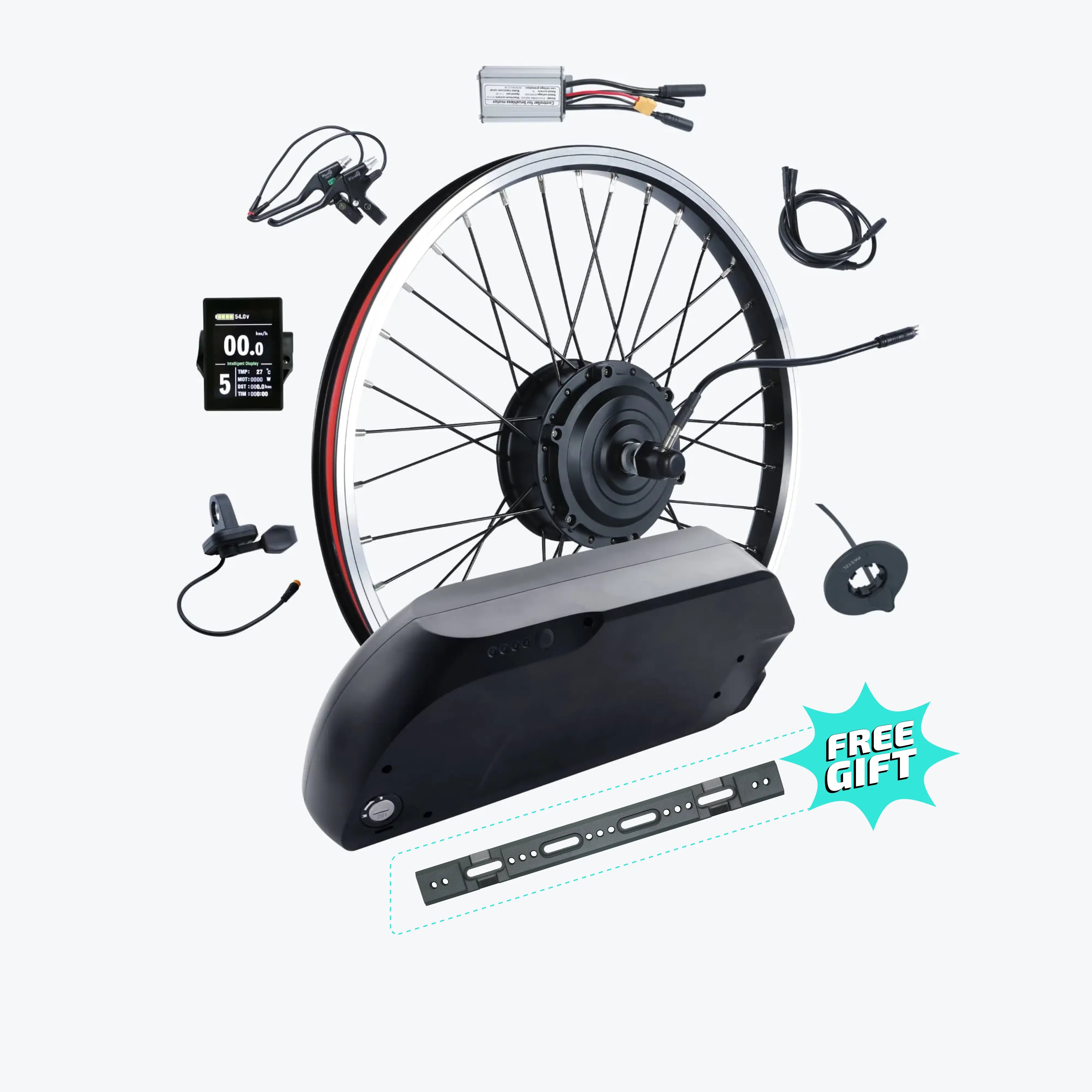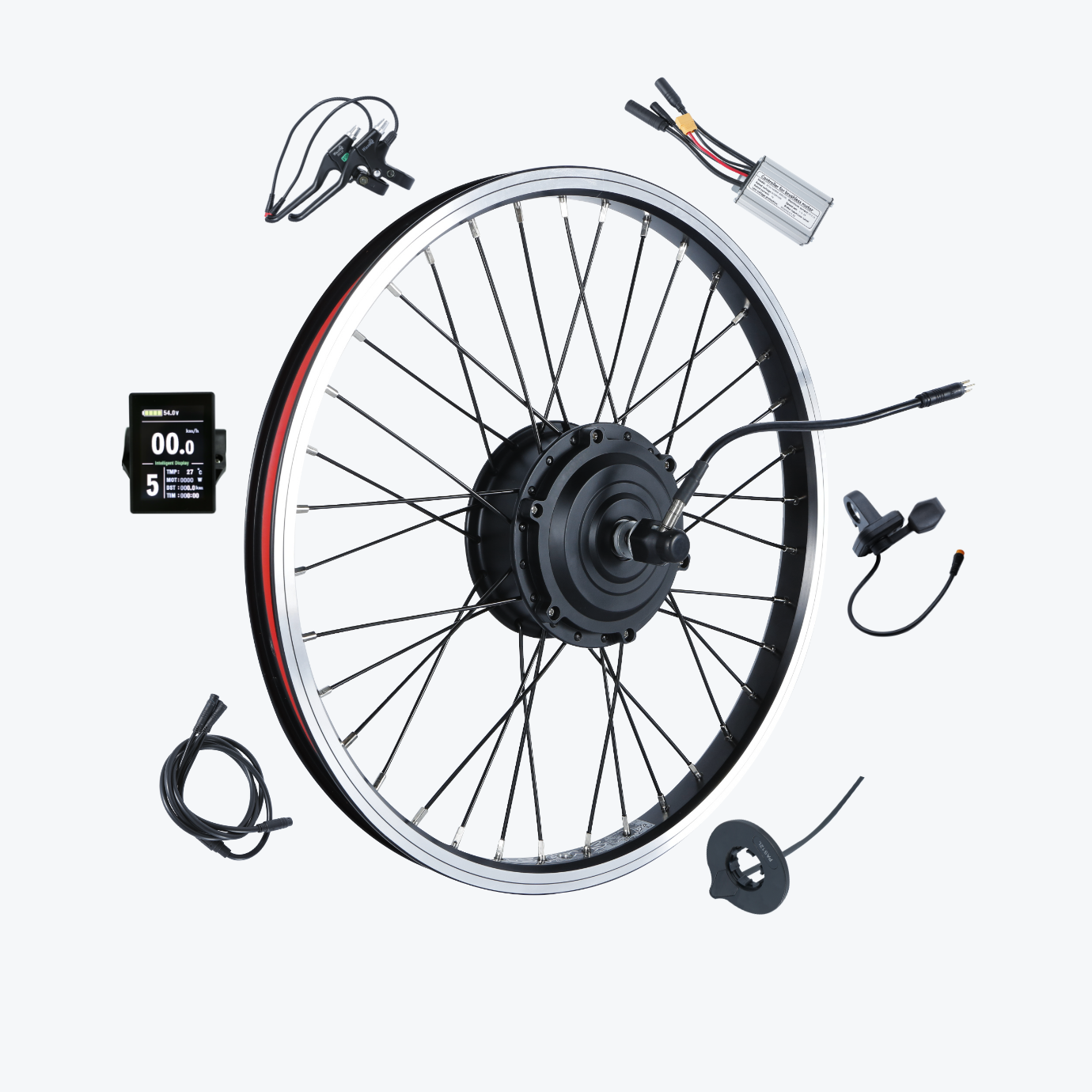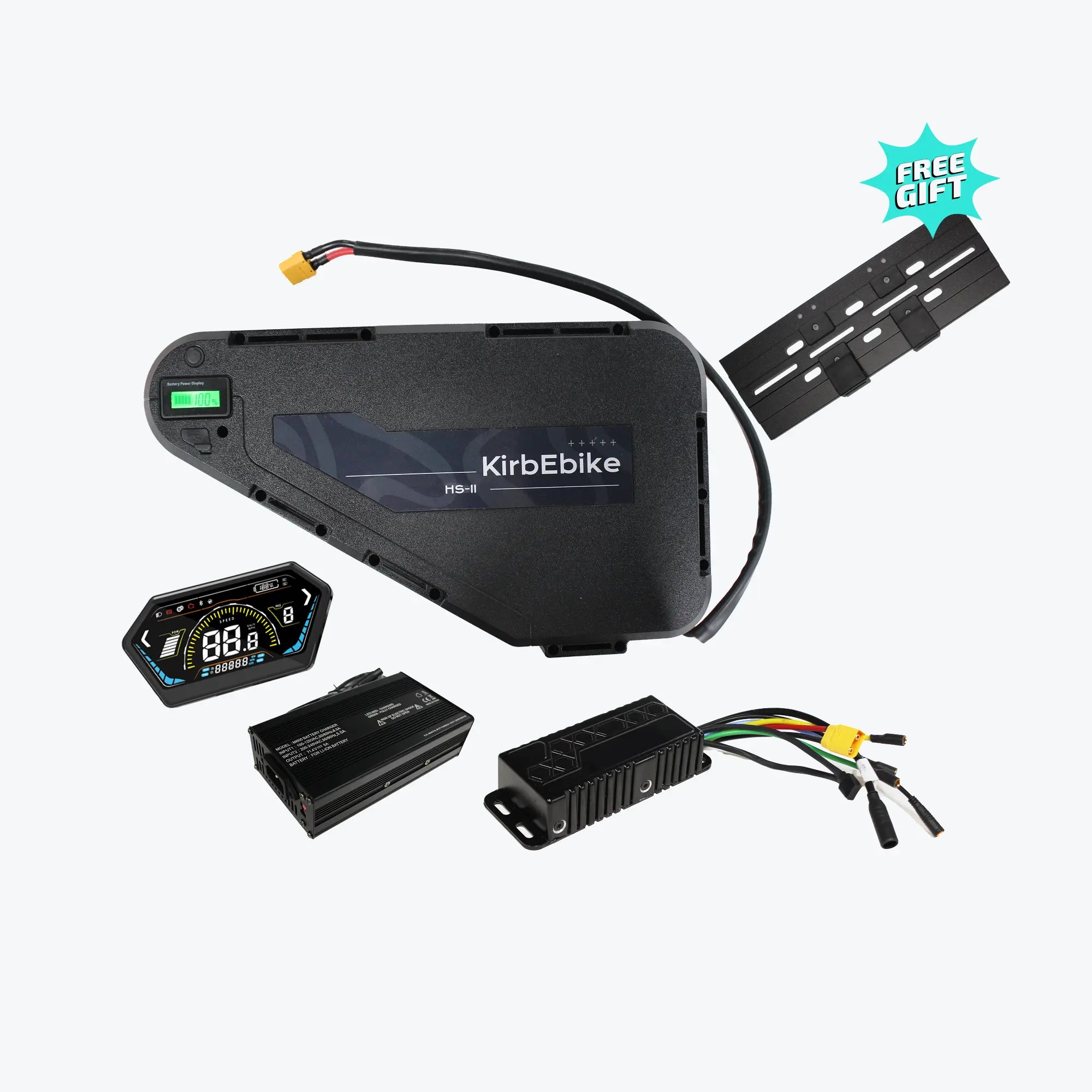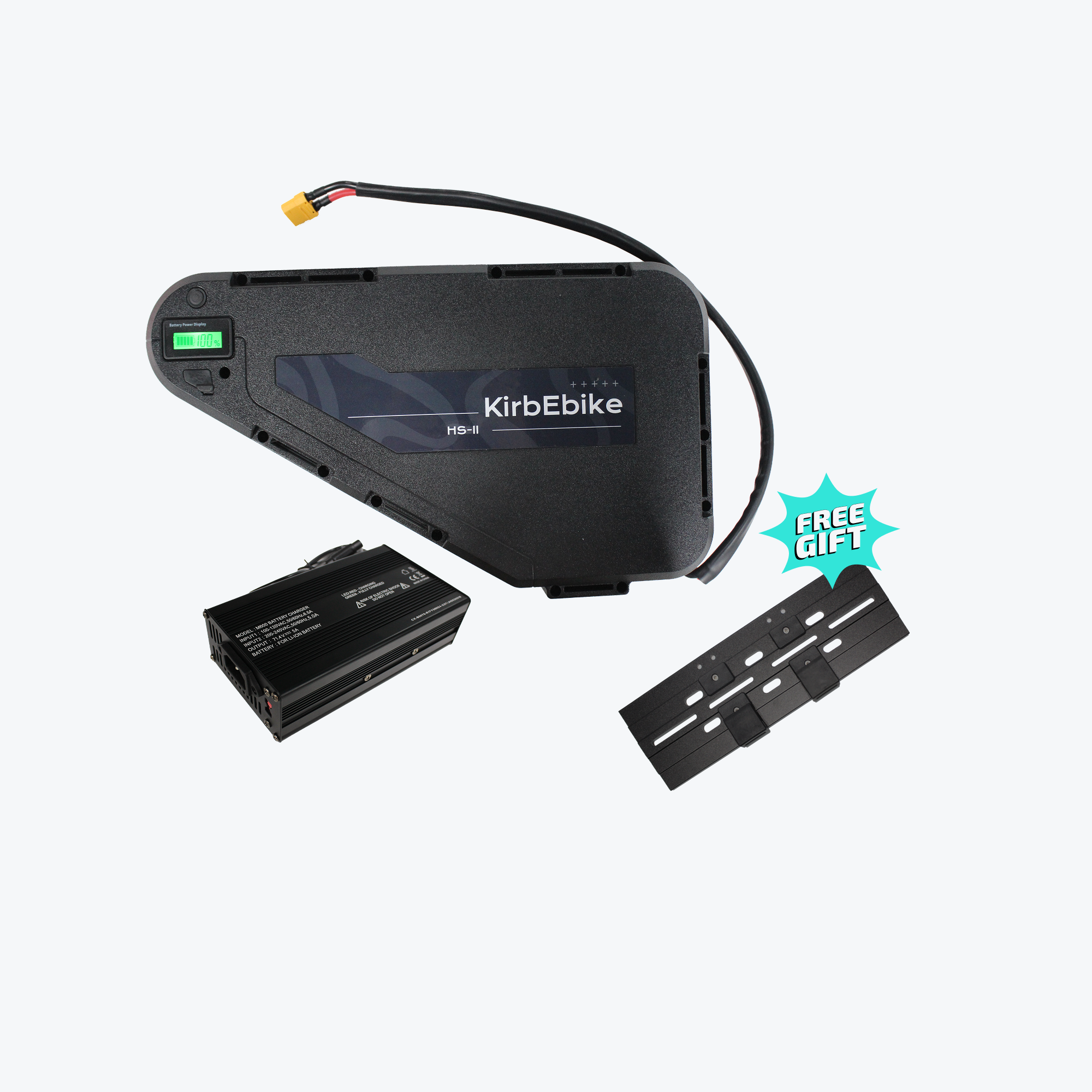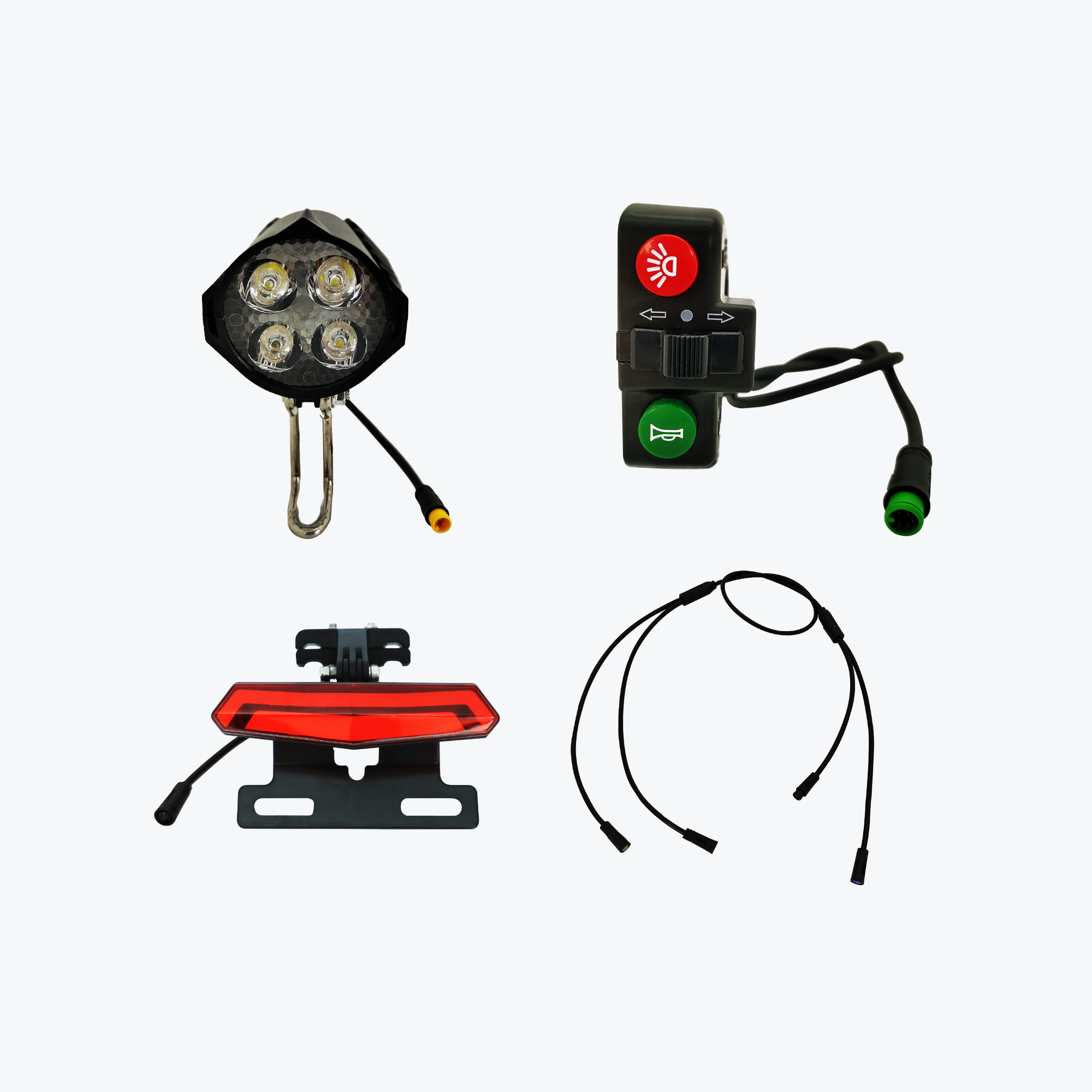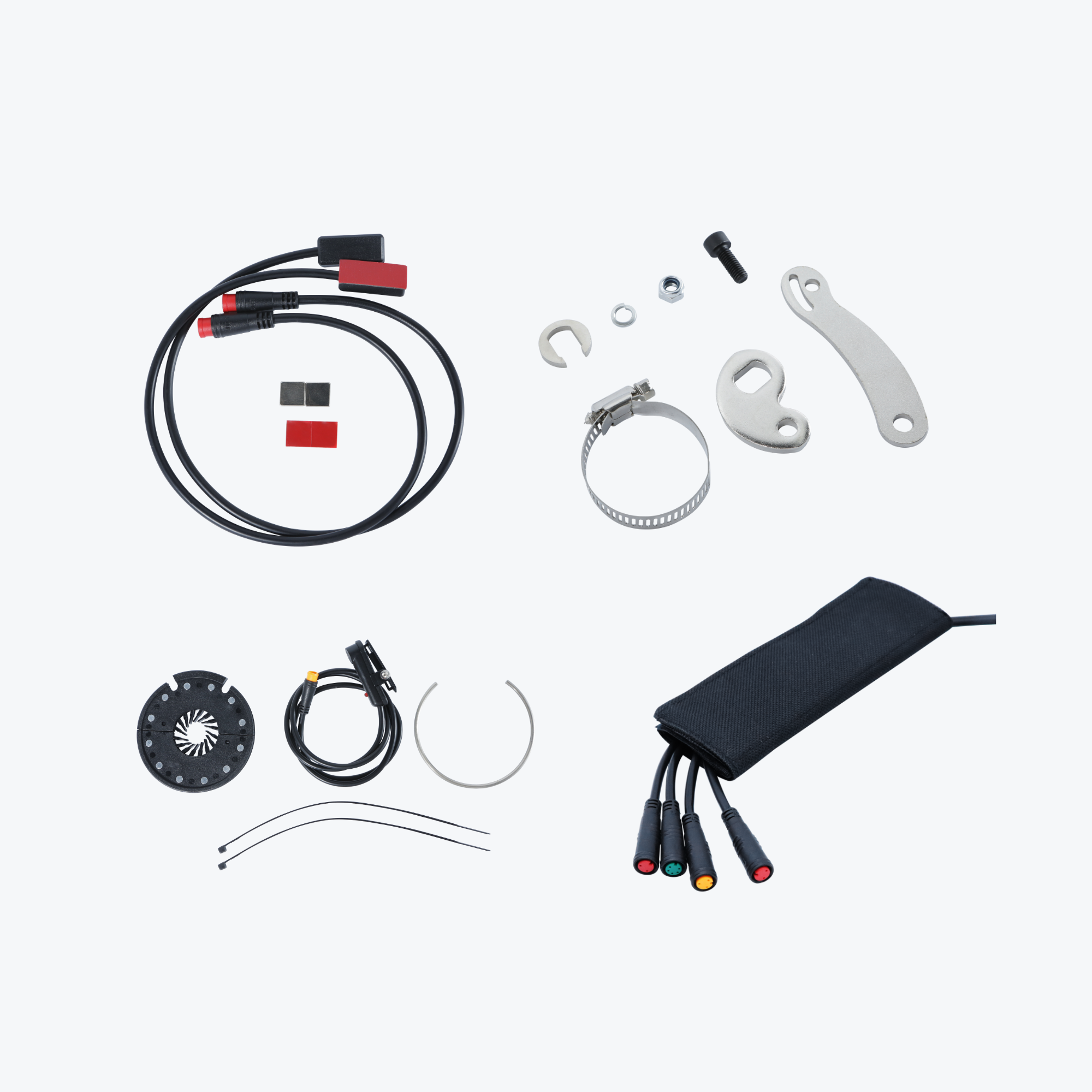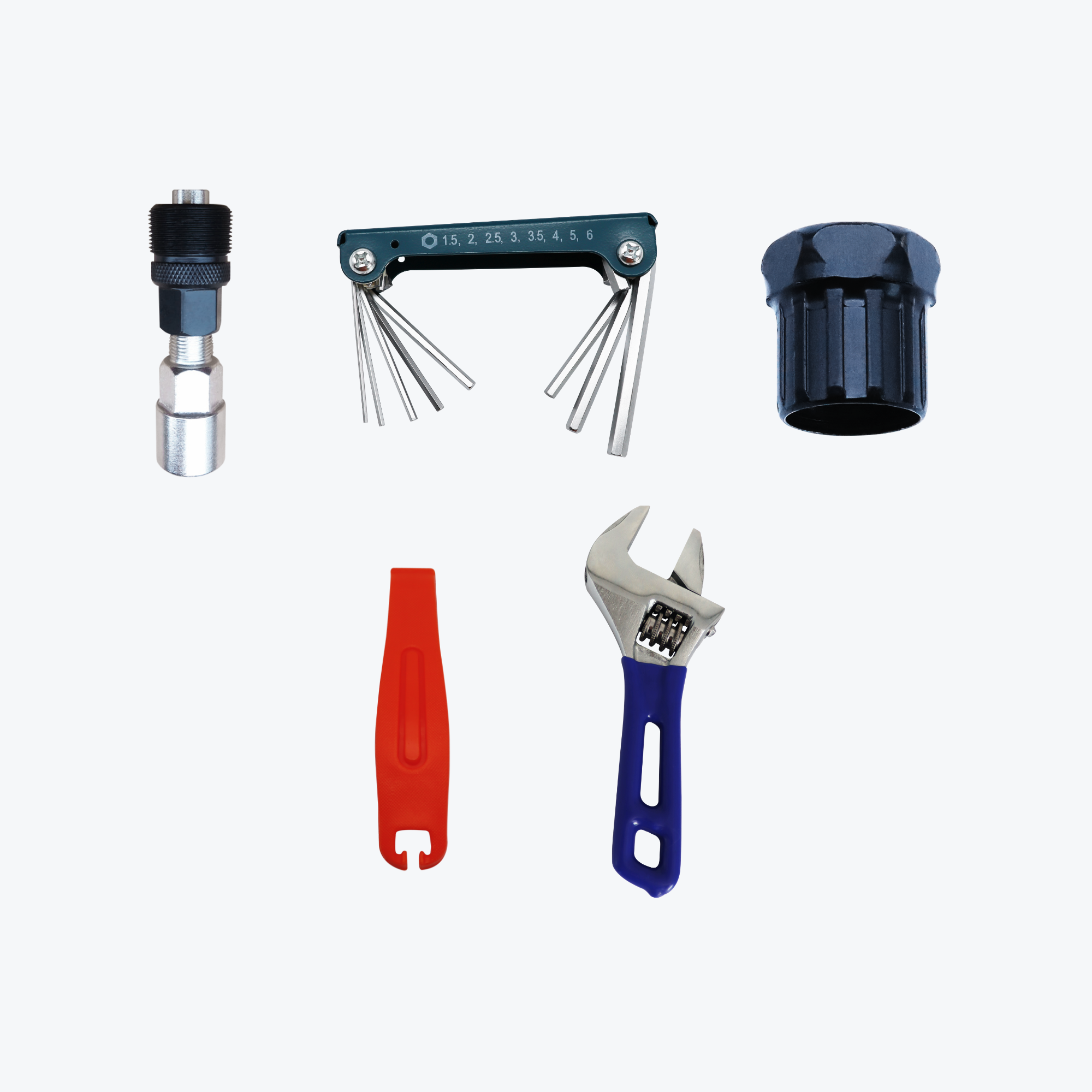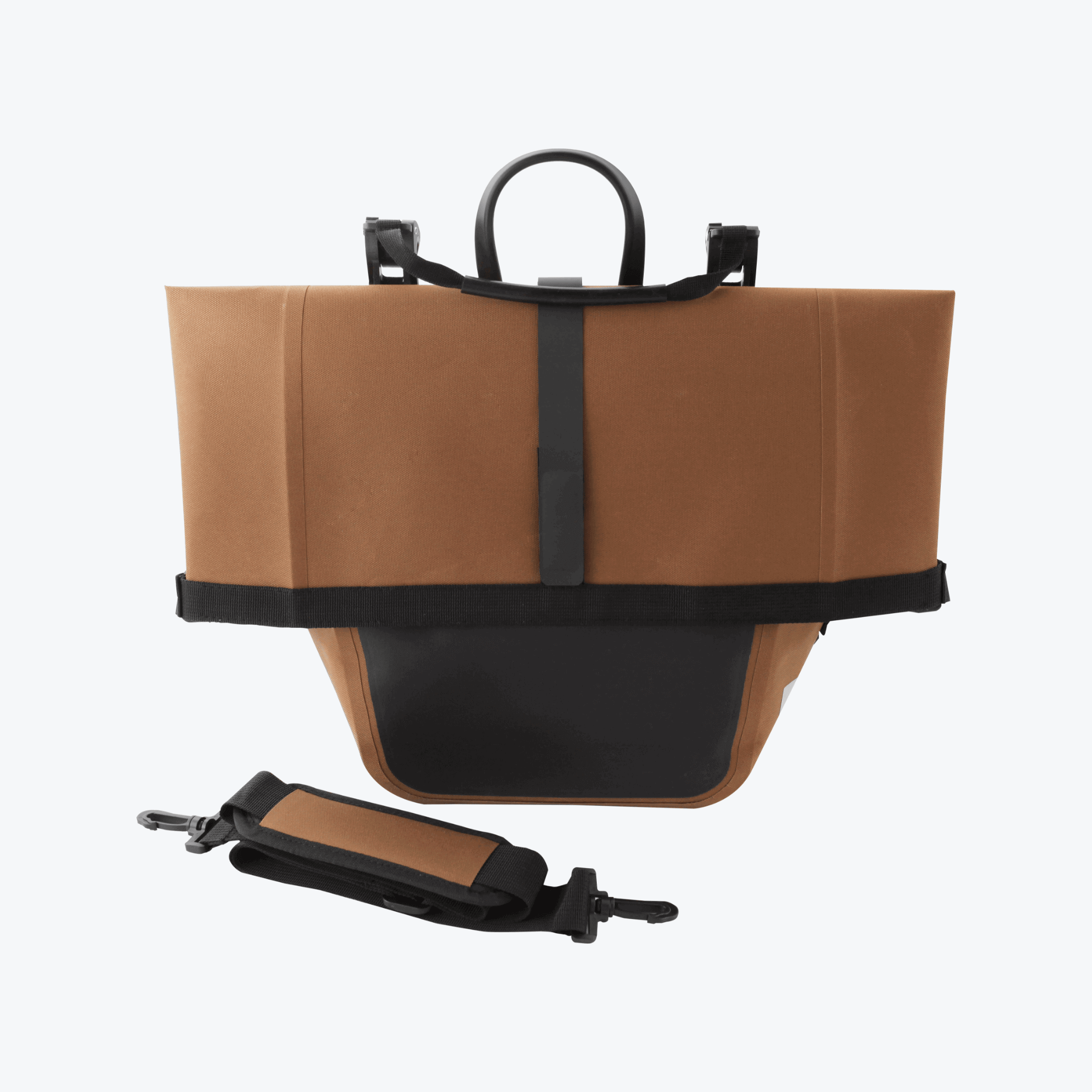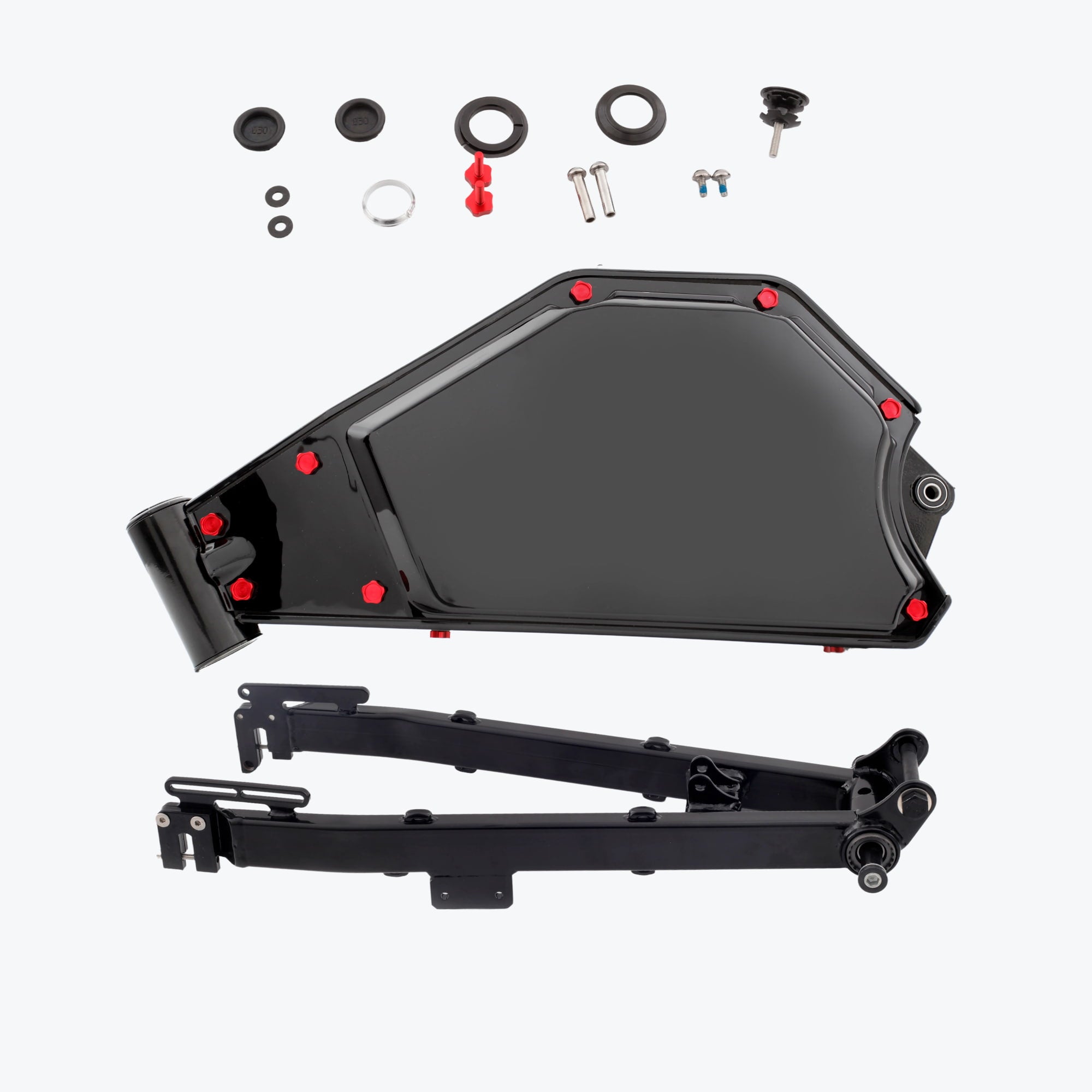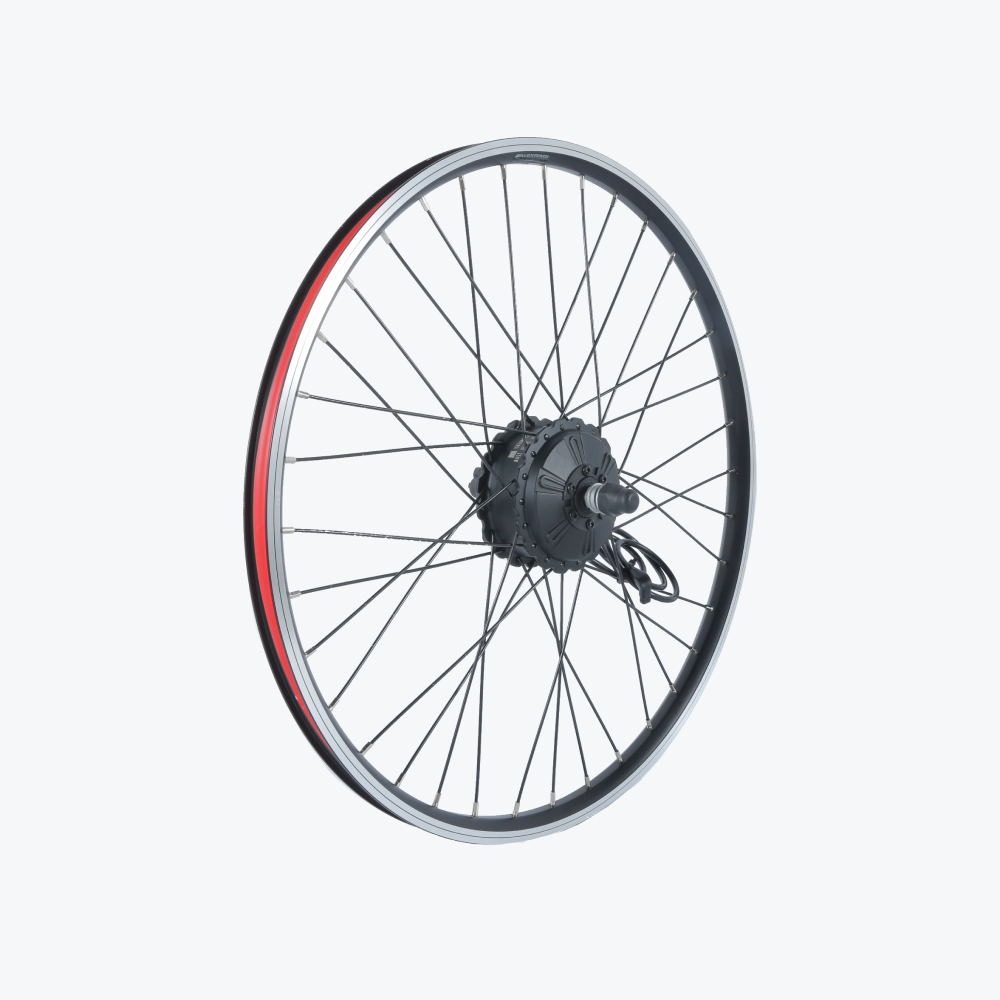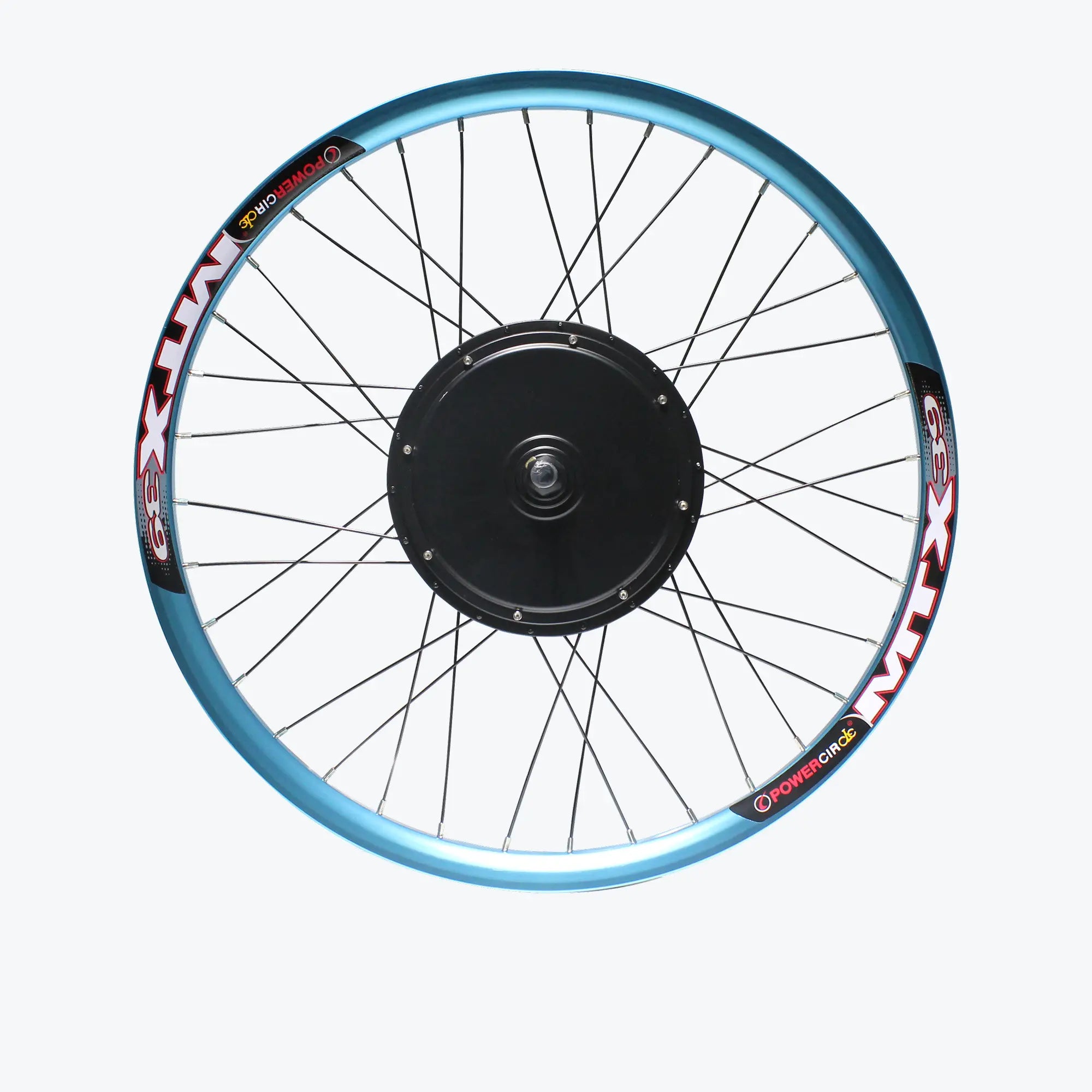Disc brakes are a vital component of any bicycle, playing an important role in the overall performance and safety of the bike. They provide consistent stopping power in all weather conditions, making them a popular choice among riders. Disc brakes come in two main types: mechanical and hydraulic.
Mechanical disc brakes, also known as mechanical disk brakes, use a cable-actuated system to engage the brake pads. When comparing hydraulic vs mechanical disc brakes, mechanical ones are generally simpler and easier to maintain. They are simple, easy to maintain, and can be used in various conditions. They are also more affordable than hydraulic brakes, making them a good option for budget-conscious riders. However, they are not as powerful or responsive as hydraulic disc brakes, making them less suitable for demanding and aggressive riders, highlighting the difference between hydraulic disc brakes vs mechanical ones.
Hydraulic disc brakes, on the other hand, use a fluid-actuated system to engage the brake pads, providing more power and responsiveness compared to mechanical disc brakes, which is a key factor in the mechanical vs hydraulic disc brakes debate. They are more powerful and responsive than mechanical brakes and require less maintenance. They are also more durable, making them a good choice for demanding and aggressive riders, further emphasizing the advantages in the hydraulic or mechanical disc brakes comparison. But they are generally more expensive and may be more difficult to repair or replace, making them less affordable for budget-conscious riders.
This article will take you through everything you need about mechanical and hydraulic disc brakes.
Comparing the performance of mechanical and hydraulic disc brakes
The main difference between hydraulic and mechanical disc brakes, or hydraulic vs mechanical disc brakes, in performance lies in the power, responsiveness, and control they provide.
Mechanical disc brakes tend to be less powerful than hydraulic disc brakes, showcasing a clear point in the hydraulic disc brakes vs mechanical comparison. They also tend to be less responsive, meaning that the rider may have to pull the brake lever harder and farther to achieve the same level of braking power. This can make them less suitable for demanding or aggressive riding conditions such as steep downhill, fast descents, or heavy loads.
Hydraulic disc brakes are generally more powerful and responsive than mechanical disc brakes. The fluid-actuated system allows for a more precise and consistent braking power, which can be especially beneficial in demanding and aggressive riding conditions. They also provide better modulation, meaning the rider can apply more precise braking power to match the situation.
In terms of maintenance, mechanical disc brakes are simpler, more affordable, and easier to maintain than hydraulic brakes. While hydraulic disc brakes require less maintenance, they may be more difficult to repair or replace, which may be an issue for those less technically inclined.
In summary, mechanical disc brakes tend to be less powerful, less responsive, and more affordable than hydraulic disc brakes. They are ideal for casual and light off-road riders and riders on a budget. While hydraulic disc brakes are more powerful, more responsive, and require less maintenance but are more expensive and more difficult to repair. They are ideal for demanding and aggressive riders.
Comparing the maintenance and repair requirements of mechanical and hydraulic disc brakes
Some of the differences in maintenance and repair requirements between mechanical and hydraulic disc brakes are:
1. Maintenance
Mechanical disc brakes, or mechanical disk brakes, require more maintenance than hydraulic disc brakes, a key point when comparing hydraulic brakes vs disc brakes. Once the maintenance is done, they work. Hydraulic disc brakes require periodic maintenance and servicing, which are stressful, time, and money-demanding. The cables in mechanical disc brakes need constant adjustment to avoid wearing and tearing.
2. Power
Hydraulic disc brakes are more efficient and produce more stopping power than mechanical ones. The hydraulic disc brakes tend to create more force than the one applied to the lever. Energy tends to be lost when cables are compressed.
3. Modulation
Hydraulics gives you more control over the braking force, while mechanical disc brakes require extra force to pull the lever. The brakes in hydraulic disc brakes are sensitive to control, while mechanical disc brakes are less sensitive.
4. Repair Part Availability
Spare parts of mechanical disc brakes are easier to find than hydraulic brakes. This is because mechanical and rim brakes use the same lever and cables, making them easier to get. However, hydraulic brakes are rugged and do not spoil easily as mechanical disc brakes.
5. Speed
Hydraulic disc brakes give faster speed because they can stop faster. This type of brake is best used for competitive riding. They give a higher speed. Mechanical disc brakes reduce your average speed slightly. They are less efficient than hydraulic brakes.
Examples of common issues that can affect each type of brake and how to address them
Common issues that may arise with mechanical disc brakes include:
-
Cable stretch:
Over time, the cable that actuates the brake pads can stretch, which can cause the brakes to feel less responsive. You can correct this by replacing or adjusting the cable.
-
Dirty or worn brake pads:
Dirty or worn brake pads can affect the performance of the brakes. Clean and replace the brake pads when necessary to enhance the performance of the brakes. You can address this issue by cleaning and replacing the brake pads.
-
Misaligned caliper:
If the caliper is not properly aligned, it can cause the brake pads to wear unevenly or rub against the rotor. Realign the caliper to fix such malfunctions.
Common issues that may arise with hydraulic disc brakes include:
-
Air in the system
If there is air in the brake fluid, it can cause the brakes to feel spongy or less responsive. Remove the brake fluids so that the air bubbles can escape.
-
Leaking brake fluid
If the brake fluid is leaking, it can cause the brakes to fail. The brake lines or seals should be inspected and replaced to address this issue.
-
Dirty or worn brake pads
Dirty or worn brake pads can affect the performance of the brakes. Cleaning and replacing the brake pads will correct the malfunction.
-
Low brake fluid level
If the brake fluid level is low, it can cause the brakes to feel less powerful or to fail altogether. The brake fluid should be checked and refilled to address this issue.
Generally, it is important to regularly check and maintain your disc brakes, clean them, lubricate the moving parts, and replace worn-out components. A regular checkup by a professional mechanic can help you identify and fix issues before they become a problem.
Comparing the cost of mechanical and hydraulic disc brakes
The cost difference between hydraulic and mechanical disc brakes can vary depending on the specific brand and model, but mechanical disc brakes are generally less expensive than hydraulic disc brakes. The initial purchase price of mechanical disc brakes is generally lower, and the ongoing maintenance and repair costs are also typically lower. However, it is important to note that the cost of replacement parts for mechanical disc brakes (such as cables and brake pads) can add up over time.
On the other hand, hydraulic disc brakes tend to be more expensive in terms of the initial purchase price and ongoing maintenance and repair costs. The brake fluid, seals, and hoses may need to be replaced over time, which can add to the cost. However, the benefits of hydraulic disc brakes, such as better power, responsiveness, control, and less maintenance, may justify the higher cost for some riders.
When comparing the costs of different disc brake options, it is important to consider the initial purchase price and ongoing maintenance and repair costs. It is also important to consider the type of riding you will be doing and whether the extra cost of hydraulic disc brakes is worth it for your needs. For example, if you're a casual rider who doesn't do much off-road riding, a less expensive mechanical disc brake system may be more cost-effective. But if you're a more demanding and aggressive rider or one that frequently rides in wet or muddy conditions, the added power, responsiveness, and control of hydraulic disc brakes may be worth the extra cost. Additionally, consider the durability of the brake system if it will last long enough to justify the extra cost.
Conclusion
Hydraulic disc brakes are more powerful and responsive, require less maintenance, and are more durable, but they are generally more expensive and may be more difficult to repair or replace.
Choosing between mechanical or hydraulic disc brakes depends on the type of riding you will be doing and whether the extra cost of hydraulic disc brakes is worth it for your needs. Also, a mechanical disc brake system may be more cost-effective if you're a casual rider. But if you're a more demanding and aggressive rider, hydraulic disc brakes may be worth the extra cost.

